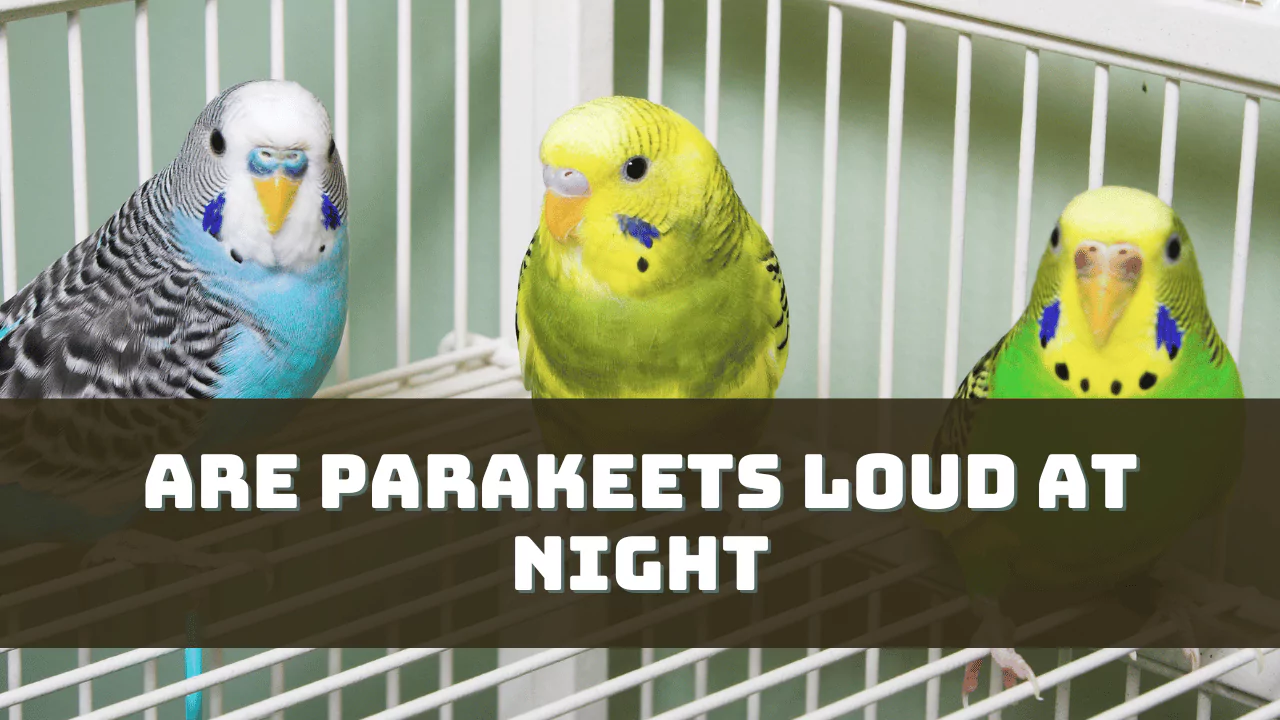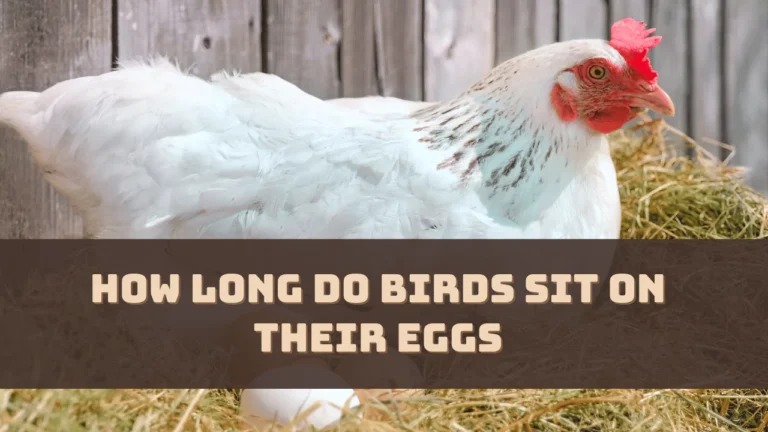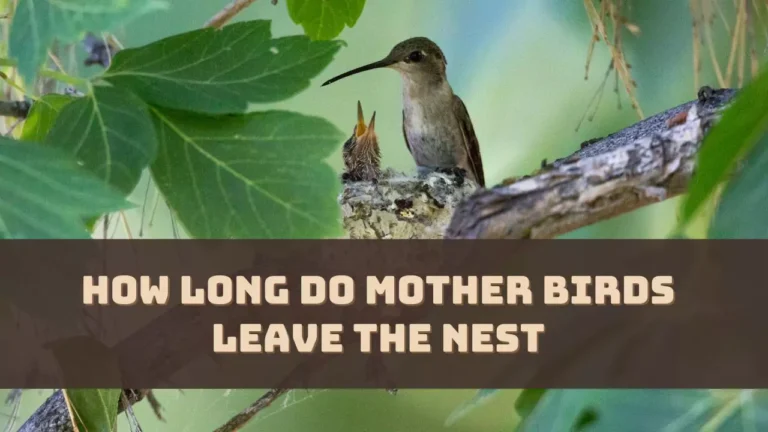No, Parakeets are not usually loud at night, but they may make some light sleep sounds. However, there can be certain situations where Parakeets can become quite loud.
So, let’s have a clear understanding of the factors that affect parakeet noise and also the ways to manage them if you want a peaceful night.
Understanding Why Parakeets Make Noise
You may hear a Parakeet chit-chatty the entire day and these birds are quite known for their vocalization. But, in certain cases, bird owners report that the Parakeet can become quite loud at night.
If the parakeet is being noisy, then it is just a natural form of communication between them and their surrounding environment. Thus, you need to understand why a bird is making noise and what kind of noise it is making.
Different Types of Noises Made by Parakeet
Parakeets are known for producing a variety of noises and these are mostly for communication purposes or expressing emotion. Here are the most common types of noises that you can hear:
- Singing: It is a melodic tune, where the bird expresses being happy or content.
- Chirping: Short but loud burst of noise that is used for communication, either with birds or humans.
- Squawking: A loud noise and harsh sound indicating agitation or distress
- Mimicking: To interact with the environment, they often imitate human speech or even environmental sounds.
Reasons for Parakeets Being Noisy
A parakeet might be making noise in order to address a potential issue. Here are the common reasons that might trigger noisy behavior – boredom, hunger, attention seeking, mate calling, illness, injury, cage dispute, territorial dispute, discomfort from the cage mate, distress call, etc.
So, you need to have a close observation of the bird and try to consult a vet or bird behaviorist to keep the parakeet happy.
Why Does the Parakeet Become Noisy at Night?
There are several factors that can lead to parakeets being noisy or loud at night:
- Disturbance in the environment: If there is any sudden noise or flashy light at night, then the bird can get startled which leads to loud vocalization.
- Night fright: If they experience night terror, then it can lead to panic or anxiety leading to noisy calls.
- Unfamiliarity: If you see any unfamiliar shadow or any unfamiliar noise or sound, then it can scare them, leading to nighttime noise
- Disturbed sleep: If the bird is unable to get enough sleep, then they tend to stay more active during the night and this makes them restless and the birds tend to make more noise at night.
How to Reduce Parakeet Noise at Night?
If you want to reduce the chances of a parakeet making loud noises at night, then you need to work on its habits. This would help both you and the bird to get peaceful sleep and will also improve the quality of life.
So, here are some practices that you must incorporate into your daily routine.
Create a Quiet Environment
You need to control the external factors, if you want the parakeet to be quiet at night. Try to maintain a constant room temperature which would help to eliminate the discomfort. Reduce loud noises coming from televisions or music systems. To keep the streetlight out, you need to cover the windows with blinds. Using curtains would also reduce the shadow effect and the bird won’t get disturbed. Moreover, try to provide darkness and security to the birds by using soft cages.
Create a Good Sleep Routine
You have to maintain a regular sleep schedule for the bird and this will help to monitor the internal clock cycle of the parakeet. Thus, the bird will not make noise at night and will sleep peacefully. You must set a specific time for waking up and going to bed and always dim the lights around the cage before bedtime. The bird eventually gets a signal that it has to go to bed, stimulating a quieter parakeet. You must also take care of the diet and involve the bird in regular activities so that it can stay well-rested, healthy, and happy.
Support for Mental Stimulation
You must provide the bird with enough mental stimuli so that it reduces making noises at night and stays happy all day. You have to keep the bird busy by providing toys that have different textures and functions. Moreover, you can encourage behaviors like climbing, chewing, problem-solving, etc. You must also spend quality time with the bird, singing, talking, or going through a training session. Learn about its strengths and weaknesses to help it vocalize in the right manner. You must also give it an opportunity to socialize. You must immediately address issues that can lead to stress or anxiety.
How to Deal with Excessive Noise Making Parakeets?
You must remember that a bird would make noise all day and that is their nature. However, if the sound keeps getting louder at night or it starts vocalizing at odd hours, then here are a few tips that you have to go through:
Identify the Source
You have to address the source of the problem and understand why the parakeet is making a distress call, whether it is due to insufficient darkness, irregular schedule, temperature fluctuations, threats by other pets in the household, lack of mental stimulation, anxiety due to separation of its partner or mate.
Actions to Reduce Stress and Anxiety
Create a sleep routine and maintain an optimal environmental condition. Minimize the external noise and increase the daytime stimulation. Create opportunities for mental engagement and avoid situations that would make them restless at night. You must spend quality time with your pet and schedule a regular playtime session. You need to establish a bond of trust and security so that the birds can feel secure.
Seek Professional Assistance
If required you must not seek professional help or consult an avian veterinarian. For additional guidance, you must also consult with a professional bird behaviorist. They might help you to better address underlying issues, such as stress, anxiety, and boredom. With proper training, you can also establish positive reinforcement and teach commands. Moreover, you can also try the clicker training method so that the parakeet can become quieter at night.
What is the Clicker Training technique?
You need to introduce the clicker in this training method, where by clicking you need to introduce a reward for the bird in the form of a treat. You can use it as a marker for a desired behavior, as soon as the bird gets associated with it. Moreover, you can also introduce a command or word while clicking to reinforce actions along with verbal cues.




